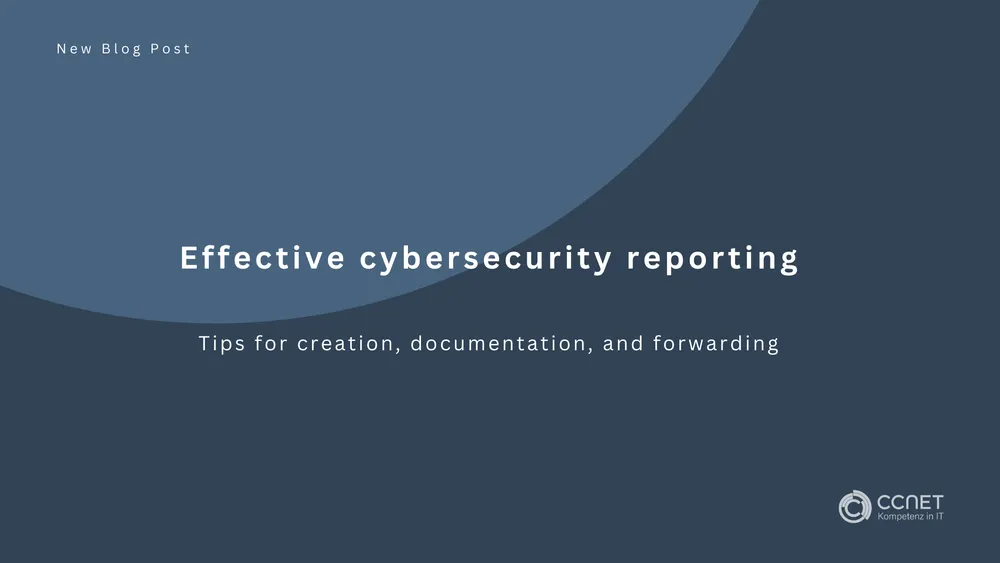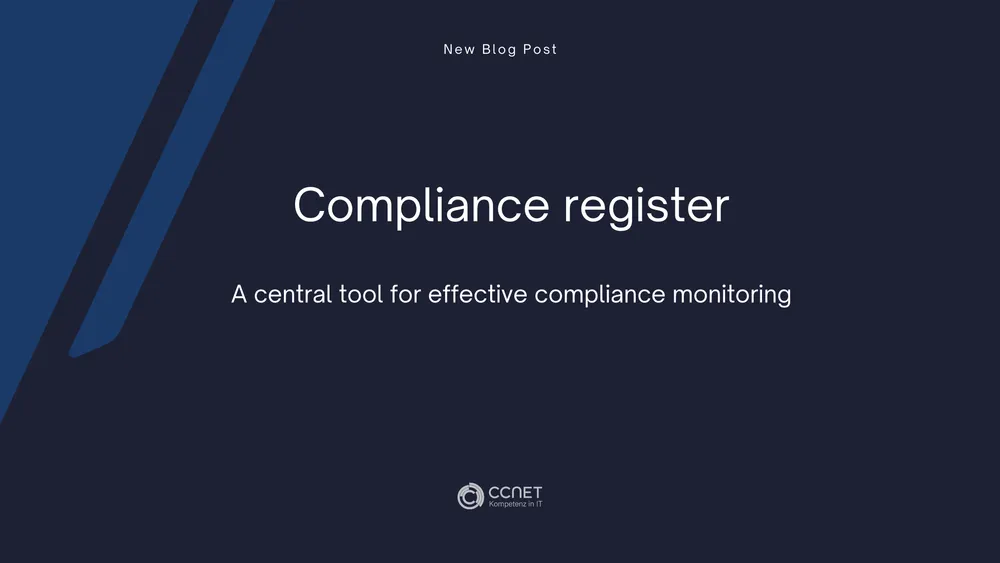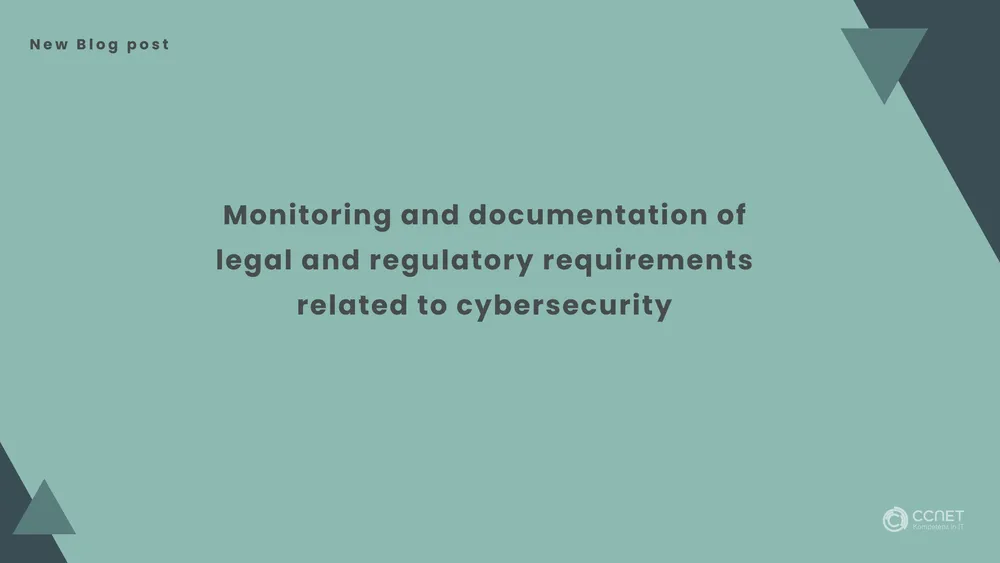
CCNet
Nov 21, 2023 • 1 min read

The NIS2 Directive: A crucial step for corporate cybersecurity
Amidst escalating complexity and frequency in cyber threats, companies must prioritize addressing the new EU legislation concerning network and information security: the NIS2 Directive. This article outlines the essential elements of the NIS2 Directive and underscores its significance for every company.
What is the NIS2 policy?
The NIS2 Directive, also known as "The Network and Information Security Directive", represents comprehensive EU-wide legislation. Its main goal is to create a high level of security for network and information systems throughout the European Union. This is particularly important for companies as the directive expands cybersecurity requirements and introduces stricter rules for different sectors.
Why is it important for your company?
Companies are faced with the challenge of dealing with cyber risk management, control and monitoring processes, incident handling and business continuity. The NIS2 Directive is relevant for all organizations that play an important role in the economy or society and sets new liability rules for management. Therefore, addressing the policy is crucial to increase security and minimize compliance risks.
The increasing threat of cyberattacks
Given the increasing frequency and sophistication of cyberattacks, including those leveraging advanced learning models (LLMs), the need for the NIS2 Directive is becoming increasingly clear. These models can simplify and refine the development and execution of cyberattacks, making the cybersecurity landscape even more challenging for organizations.
Criteria for assessment under the NIS2 guideline
The policy sets out specific criteria by which companies can assess their compliance:
- Company size: Distinction between medium and smaller companies.
- Industry: Affected sectors are diverse and include, among others, energy, transport and IT services.
- Importance of Service: Rating based on role in public safety and infrastructure.
- Dependence on network and information systems: Qualitative assessment of the dependency.
- Market share and competitive position: The valuation depends on the specific market and sector.
- Risk exposure: Individual risk analysis of the company.
Conclusion
The NIS2 Directive is more than just another regulatory requirement - it is a critical step in strengthening corporate and organizational resilience to cyber threats. Organizations must understand the corporate implications of the NIS2 directive’s requirements to effectively protect against advanced and complex threats.


